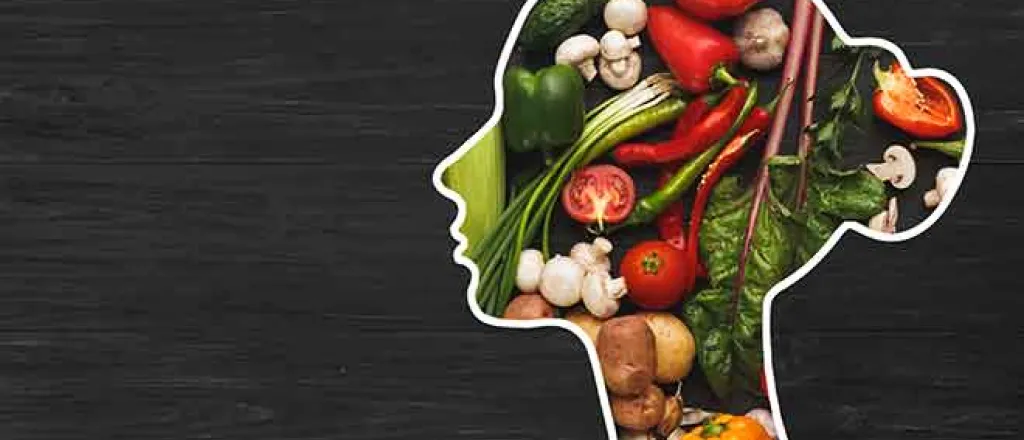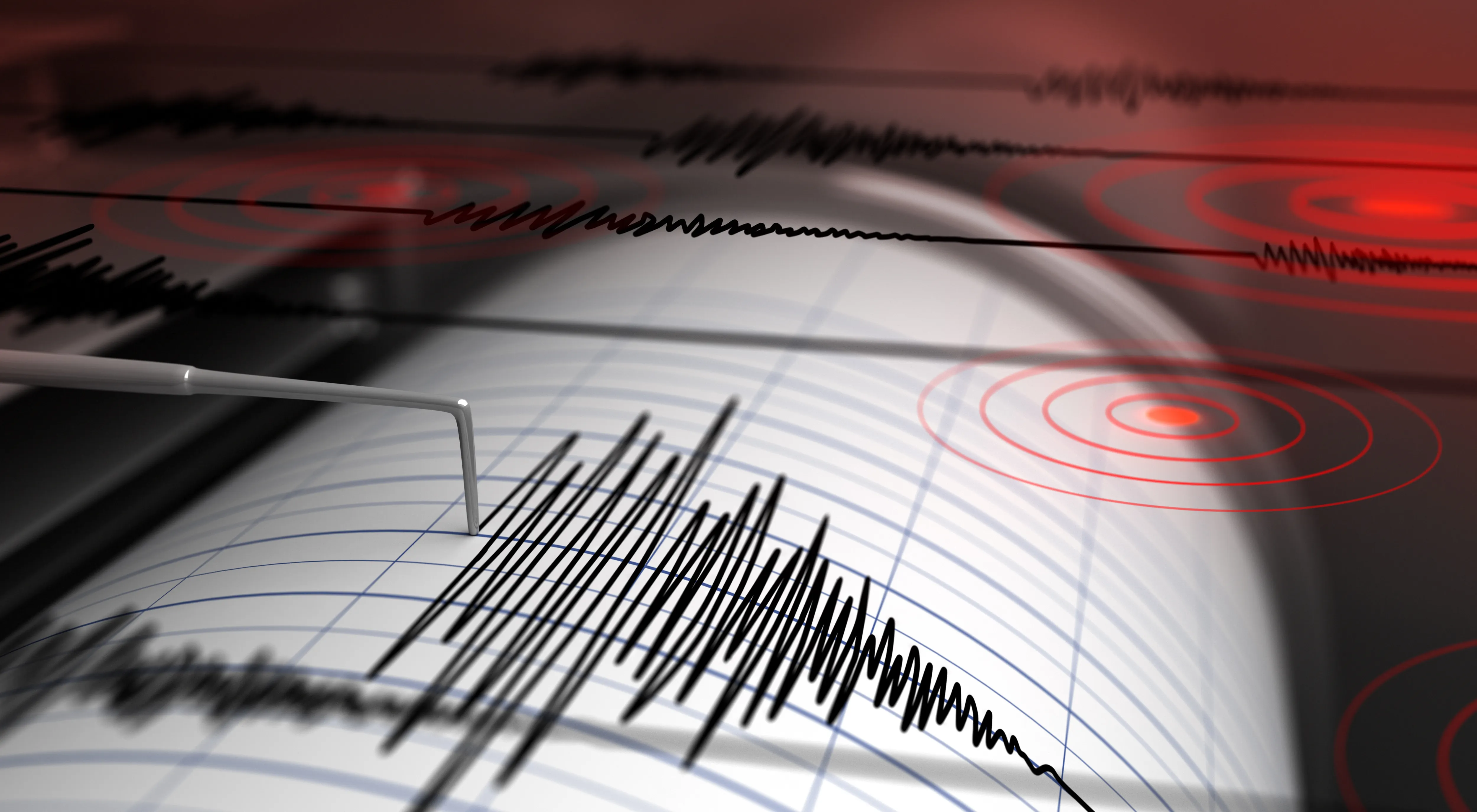
Dear Dietitian – What foods should I avoid with Crohn’s disease?
Dear Dietitian,
I was recently diagnosed with Crohn’s disease, and I’m having a hard time figuring out what foods I should avoid. Can you help?
Kathleen
Dear Kathleen,
I know Crohn’s disease is a challenging condition to deal with, having seen more cases in my last few years of clinical practice than ever before. For readers who are unfamiliar, Crohn’s is one of two types of inflammatory bowel disease (IBD), the other being ulcerative colitis. As the term ulcerative implies, small sores or ulcers form in different parts of the gastrointestinal (GI) tract. With Crohn’s, the ulcers can occur anywhere from the mouth to the anus, whereas, with ulcerative colitis, the sores are typically limited to the colon and rectum.
According to the Crohn’s & Colitis Foundation, IBD affects as many as 3 million Americans, most of whom are diagnosed by age 30. Interestingly, Crohn’s is named for Dr. Burrill Crohn, who first described the disease in 1932 (1).
The cause of IBD is unclear, but it is likely a combination of genetics, immune responses, and environmental factors, such as smoking. As with any illness, stress can make symptoms worse. Symptoms of IBD include diarrhea, bloody stools, stomach cramping, malnutrition, and unintended weight loss.
Malnutrition can occur during an IBD flare because some nutrients cannot be adequately absorbed in the intestines. The most common deficiencies are iron, B vitamins, vitamin D, vitamin K, folic acid, and selenium.
There is no specific diet for IBD. Studies with IBD and a low-fiber diet nor a high-fiber diet have been found to be therapeutic. The best approach is diet as tolerated. Keep a food diary of items that may result in abdominal cramping or diarrhea so you can avoid those foods in the future.
During a flare, avoid high-fiber foods like raw fruits and vegetables, beans, whole wheat bread, and high-fiber cereals. You may also need to limit dairy products during this time, as lactose may increase diarrhea. Stick to bland foods like white bread, white pasta, canned fruit and vegetables. You can obtain protein from chicken breast, fish, or peanut butter.
Following are general nutrition tips for people with IBD:
- Keep a food diary and avoid problem foods
- Eat small, more frequent meals
- Drink plenty of water or noncaffeinated beverages
- Try reduced-fat foods
- Avoid alcohol or drink sparingly
- Avoid hot, spicy foods
It is important that people with IBD follow a diet that is adequate in protein and calories. Consult a Registered Dietitian Nutritionist (RDN) to obtain a healthy meal plan with vitamin and mineral replacement.
Until next time, be healthy!
Dear Dietitian
Citation
- Overview of Crohn’s Disease (n.d.) Crohn’s and Colitis Foundation. https://www.crohnsandcolitisfoundation.org


















